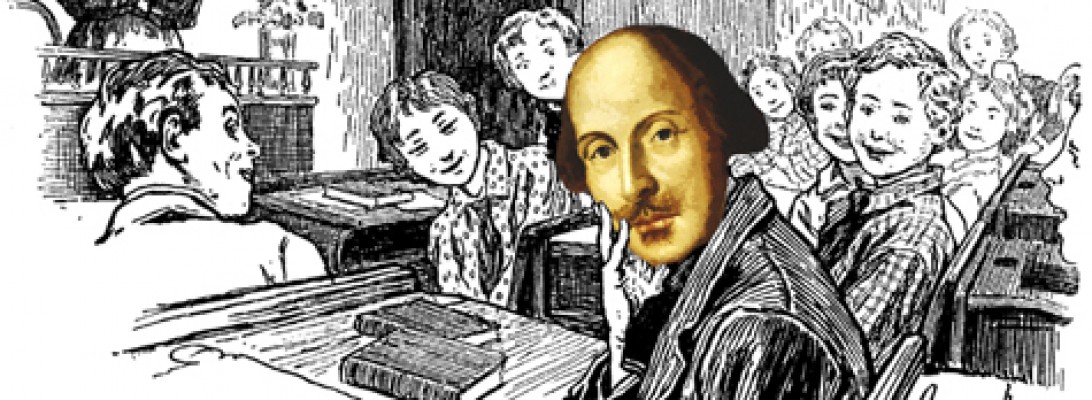


I go, and it is done. The bell invites me. Hear it not Duncan, for ’tis a nell, that summons thee to Heaven or to Hell!”




I go, and it is done. The bell invites me. Hear it not Duncan, for ’tis a nell, that summons thee to Heaven or to Hell!”


My family is quickly falling in love with the hugely popular online gaming sensation “Among Us,” which if you don’t know, is a strategy game similar to the game “Werewolf,” where a lone player, (known as The Impostor), tries to ‘kill’ a group of people without arousing suspicion. Just like the kids game in “Among Us,” whenever someone gets murdered, the others try to figure out the identity of the murderer.

The fun and drama of the game definitely comes from the paranoia that the players inevitably experience, not knowing whom to trust. Is the murderer over there? Was she the murderer? Is she lying about where she was just now? And most importantly, who is next?
Shakespeare’s Macbeth taps into the paranoia not just of people afraid of being murdered, but even the paranoia of the murderer himself!

Analysis of the scene: Act II, Scene iii:https://youtu.be/Pr4KmK9eXO0

After Macbeth kills the king and he and his wife cover up the blood, there is a council meeting where Ross, Macduff, Malcom, and Donaldbane try to figure out what happened. Macbeth and Lennox accuse the sleeping guards, but not everyone is sure. Watch this “interview” with the character Malcom, the crown prince, who suspects foul play: https://youtu.be/LIWjh59oBS4
While Malcom is nervous and suspicious, Lady Macbeth is the picture of composure, and grief (at least, while in public): https://youtu.be/yFJ5HYWdeMo
Macbeth’s strategy is pretty clever: blame someone else, then get them killed before anyone can question them. Very similar to the strategy I’ve seen impostors try in the game. In fact, there’s even a player who goes by the username: “King Macbeth.” He then justifies killing the guards by claiming that seeing them there threw him into a murderous rage, and he killed them to avenge Duncan’s death:
Macbeth
O, yet I do repent me of my fury,
That I did kill them.
Macduff
Wherefore did you so?
Macbeth
Who can be wise, amazed, temperate and furious,
Loyal and neutral, in a moment? No man.
The expedition of my violent love
Outran the pauser, reason. Here lay Duncan,
His silver skin laced with his golden blood;
And his gashed stabs looked like a breach in nature
For ruin’s wasteful entrance — there, the murderers,
Steeped in the colors of their trade, their daggers
Unmannerly breeched with gore. Who could refrain
That had a heart to love, and in that heart
Courage to make’s love known?
As a final bonus, here’s the entire play summarized through Among Us gameplay: https://youtu.be/HIp9MI5jpeI
Thanks very much for reading! If you liked this post, please consider signing up for my new “Macbeth” online class via Outschool.com. One really fun part of the class will be a quiz on “Macbeth,” inspired by Among Us!

I’m giving a lecture Sunday about “Macbeth” and its relation to real magical traditions. Accordingly, I’ve looked up records of real witchcraft trials. Below is a database of cases from 1602-1635. “Macbeth” was supposedly written around 1605, so these cases are pretty close to the time period. It’s a fascinating, and sometimes gruesome look at the methods used to try people (mostly women) for an “invisible crime,” around the same time Shakespeare was dramatizing that crime onstage: http://witching.org/production/brimstone/detail.php?mode=city&city=London%20(Newgate%20Prison).